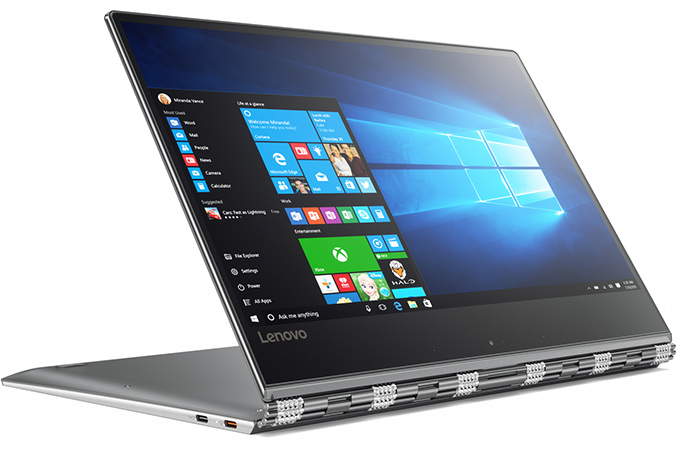witeken
Diamond Member
- Dec 25, 2013
- 3,899
- 193
- 106
Why is Kaby Lake's graphics performance so much improved? It's still Gen9 right (Cannonlake would be gen10) with 24 EUs?- iGPU / Gaming
31% faster @ 3DMark 11 GPU
39% faster @ 3DMark Fire Strike Graphics
33% faster @ Just Cause 3 1366x768 Medium
39% faster @ Bioshock Infinite 1366x768 High
42% faster @ Battlefield 4 1366x768 High
51% faster @ Star Wars Battlefront 1366x768 Medium
http://www.notebookcheck.com/Kaby-Lake-Core-i7-7500U-im-Test-Skylake-auf-Steroiden.172422.0.html
Now one detail from Intel's slides caught my attention. Kaby Lake-U's HD Graphics 620 scores 339 pts @ 3DMark Time Spy Graphics (DX12). In comparison, a Geforce GTX 950M scores 281 pts according to NotebookCheck.
Edit: According to Intel Ark the graphics specs are entirely unchanged (clock speed), so the increase in performance must be due to improved power/efficiency.
Last edited:











